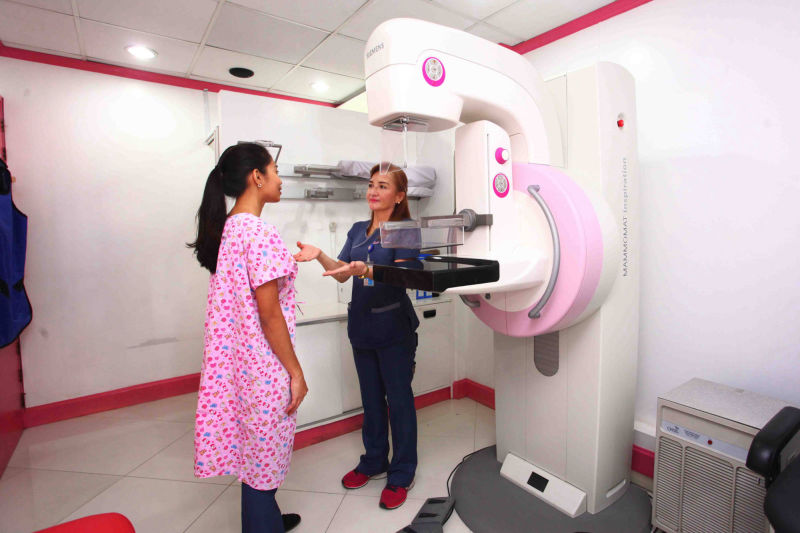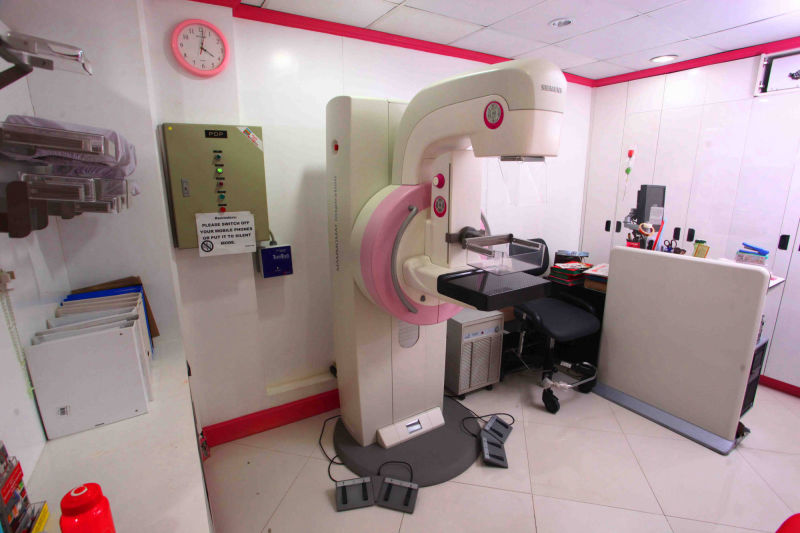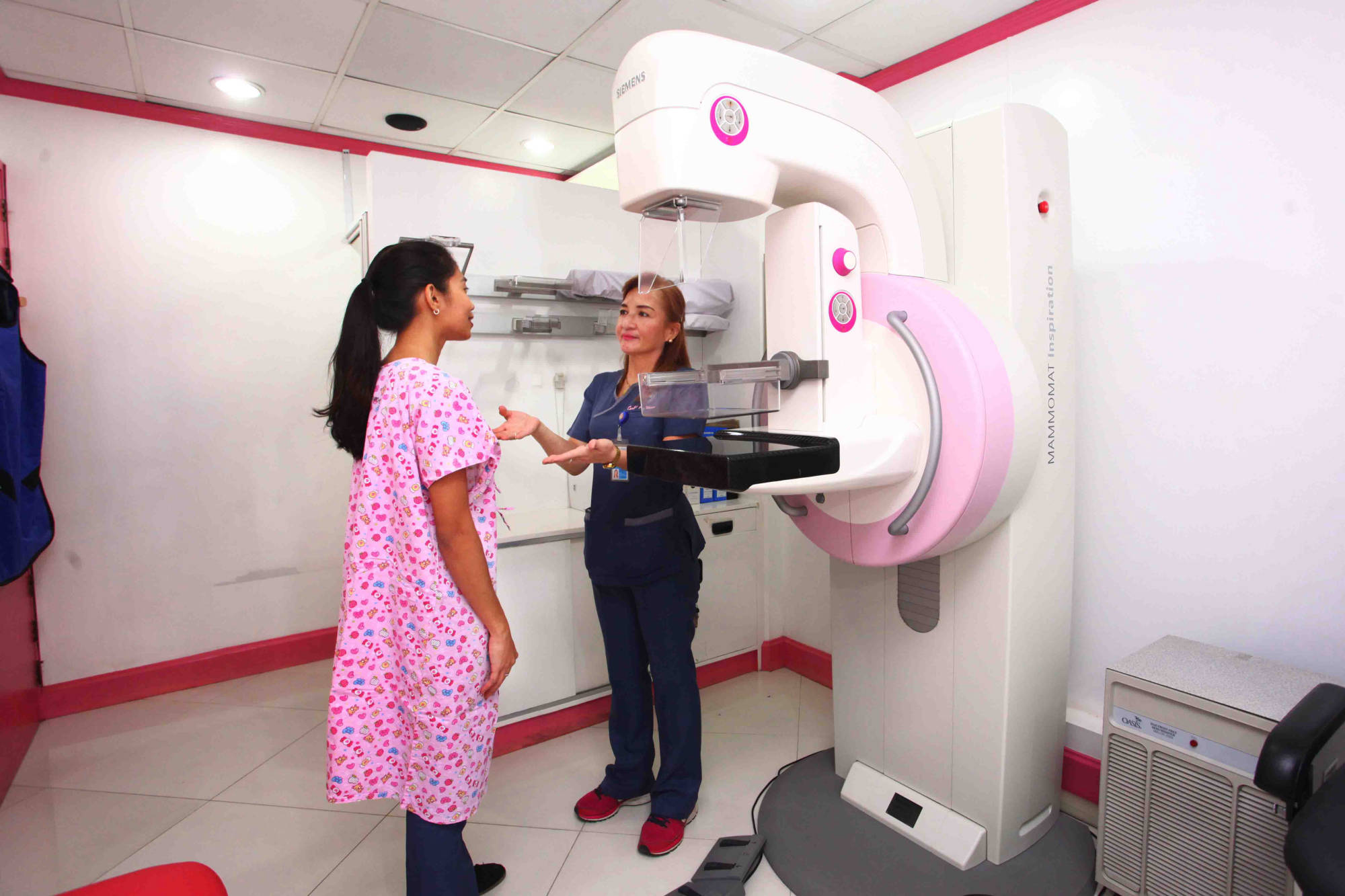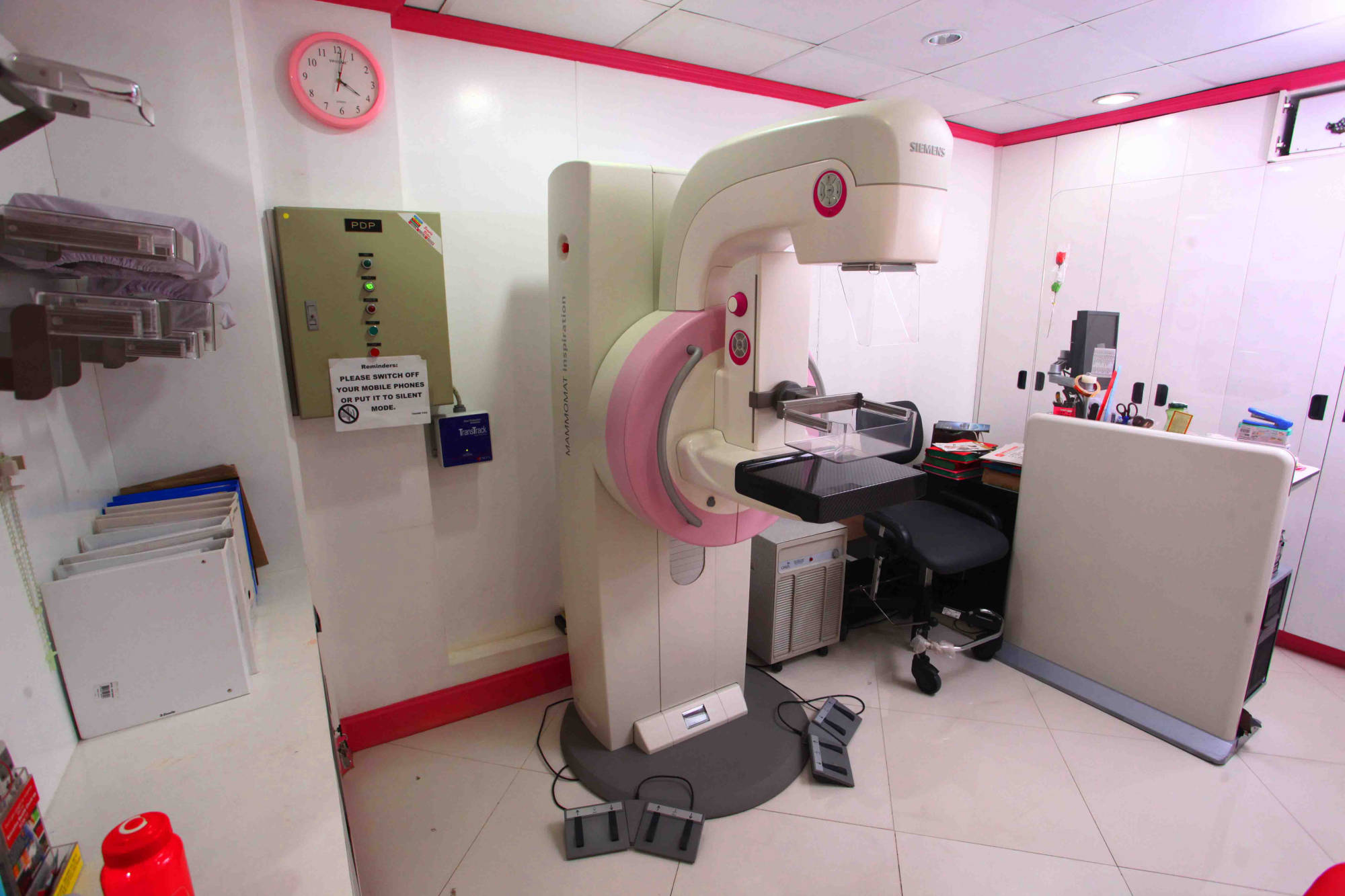Typically, treatment of breast cancer will involve surgery followed by a combination of chemotherapy, hormonal therapy and radiation. However, treatment can vary greatly from patient to patient depending on the stage of the cancer and whether recurrence has occurred.
-
Surgery: Removal of lump (called a lumpectomy) is the preferred technique. Removal of lymph nodes in the armpit may be undertaken as well. Removal of the breast (called a mastectomy) is only preformed if absolutely necessary.
-
Chemotherapy: Medicines that interfere with cancer cell growth and division are administered to reduce the size of tumors or kill them.
-
Hormonal therapy: Hormonal therapy medicines are whole-body (systemic) treatment for hormonereceptor-positive breast cancers.
-
Radiation Therapy: X-rays or other high-energy rays are applied to the tumor and surrounding areas to destroy cancer cells.




